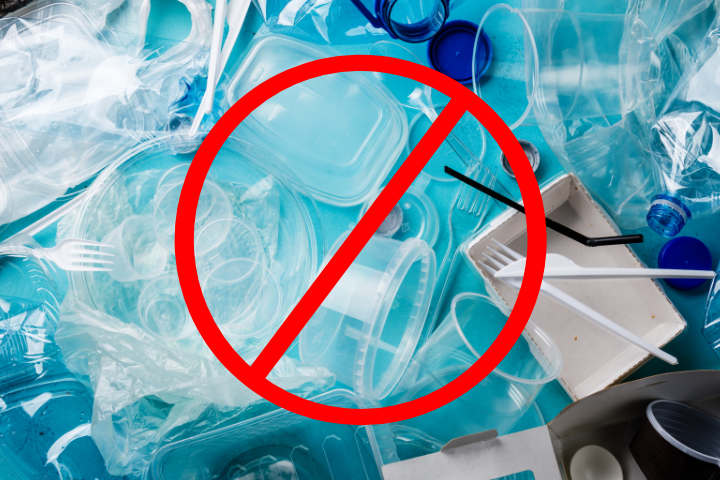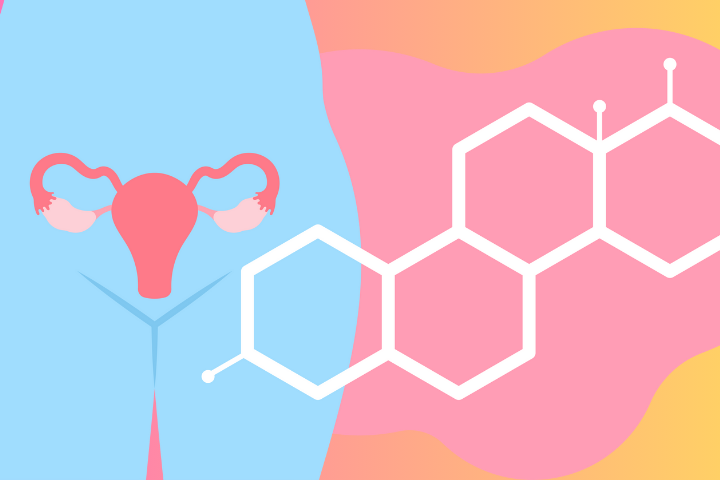Each fertility journey is a unique collection of experiences. Yet, it is important to understand that there are some common challenges many couples face. For instance, hormonal well-being is a consistent influencing factor in the ability to sustain a pregnancy. A lot of would-be parents are committed to taking a holistic approach to safeguarding their hormone production.
Unfortunately some aspects of modern life can make hormone health more difficult. All around us, products use toxins that can disrupt hormone production. In some instances, these can negatively impact reproductive wellness. It is well worth taking the time to learn about these everyday toxins and how to mitigate their effects.
Understanding the Risks
Knowledge empowers you to make informed choices about your wellness. Therefore, understanding the risks of chemicals is vital.
There are a handful of scientifically recognized ways that environmental toxins directly impact fertility. Most relevant in relation to hormonal health is the effect they can have on your endocrine system. Certain chemicals have been found to disrupt this endocrine system, negatively affecting fertility.
Some of the everyday toxins that are considered endocrine disruptors include:
- Bisphenol A (BPA): This chemical is a common feature in polycarbonate plastics. It is often found in food packaging, plastic food containers, and some metal food cans. There can be a particular risk of exposure when people microwave some plastic food containers.
- Triclosan: Triclosan is a chemical that is added to products as an antibacterial or antifungal agent. The Food and Drug Administration (FDA) banned triclosan’s use in soap products. However, it can still be found in some body washes, mouthwashes, toothpaste, and even clothing.
- Atrazine: Found in pesticides used on various crops, atrazine can present an everyday toxicity risk. While it is generally considered to be relatively low in toxicity when eaten, this does not mean it has no effect. If you grow fruits and vegetables at home and use atrazine-based pesticides, you may find you are at risk of greater exposure.
Additionally, toxins do not just affect hormonal imbalance purely due to direct endocrine disruptors. Common household products can lead to health defects in a variety of ways. There are strong links between women who regularly use talcum powder and ovarian cancer. Some weed killers contain glyphosate. Glyphosate could be a carcinogen that becomes hazardous from long-term exposure. Being generally more cautious and mindful about chemicals can boost your overall health, which supports reproductive and developmental wellness.
Focusing on Natural Products
The good news is that there are some efforts underway to reduce the presence of some of these toxins in everyday products. They are far from being completely eliminated, though. Therefore, it is important to make mindful choices about the products you use. Aim for items that include natural ingredients, rather than chemicals that may affect your hormonal health.
You can start by opting for foods that do not come in cans or plastic packets. Many such items still utilize BPAs in the manufacturing process. It is wiser to purchase items that have little to no packaging. Fresh fruits and vegetables, dried products in paper packaging, and frozen foods in boxes can help minimize your exposure.
When buying fragrances and cosmetics, it is smart to be savvy about ingredients. In particular, aim for natural or no fragrance in your cosmetics. This is because phthalates — a form of endocrine-disrupting chemical — are often used to artificially make scents last longer. Avoiding chemicals in cosmetics can be an arduous task. But it is certainly in your best interest to do a little research into the ingredients contained in products you frequently use before buying them next.
As touched on earlier, triclosan can have antibacterial properties that make it useful in a variety of household cleaning products. Some brands have removed this from their processes, but it is still worth looking at ingredient lists to confirm this. Nevertheless, you can bypass this by using natural alternatives. White vinegar and water solutions can reduce surface bacteria in your home. Hydrogen peroxide at a 3% solution can be a useful disinfectant.
Making Lifestyle Adjustments
Chemicals — whether endocrine disruptors or otherwise — are common features of everyday life. It is not always practical to avoid them entirely. Some are somewhat outside of your control, having been applied behind closed doors by businesses. In some instances, there are no practical alternatives to your household chemicals. This makes it vital to make a few lifestyle adjustments that minimize unnecessary exposure.
Perhaps the simplest change is in how you treat fresh food. Some chemicals that impact hormone health are in pesticides. You cannot always tell which chemicals have been used on the products you’re consuming. Washing fresh produce after you bring it home from the store is a simple yet powerful action. Using a 2% saltwater solution and rinsing afterward with cold water can help remove pesticide contact residue. Opt for organic produce, but you should still wash it due to the use of organic pesticides.
If you have to keep toxic products at home for cleaning or other chores, be sure to follow safe chemical storage best practices. This helps to ensure that you are not risking spillages or corrosion that lead to undue chemical exposure. Your strategy should include regularly checking that containers are still in good condition, without cracks or rust. Remember not to leave pressurized containers — like spray cans — in areas that are prone to damp or direct sunlight. Such influences could compromise containers’ integrity. Above all else, use protective gloves and a face mask if necessary when handling chemicals to reduce direct exposure.
Conclusion
A variety of toxins that are present in everyday life can impact your hormonal health. The key is to get to know these and adopt safer practices. For instance, prioritize natural products and wash fresh foods, among other steps. Remember that hormone health can involve individual challenges, too. Be sure to check with your fertility specialist for the best actions to address your specific needs alongside these general best practices.
If you would like to learn more about GENESIS Fertility New York or are ready to schedule an appointment, please speak with one of our representatives at 929-605-5467.






